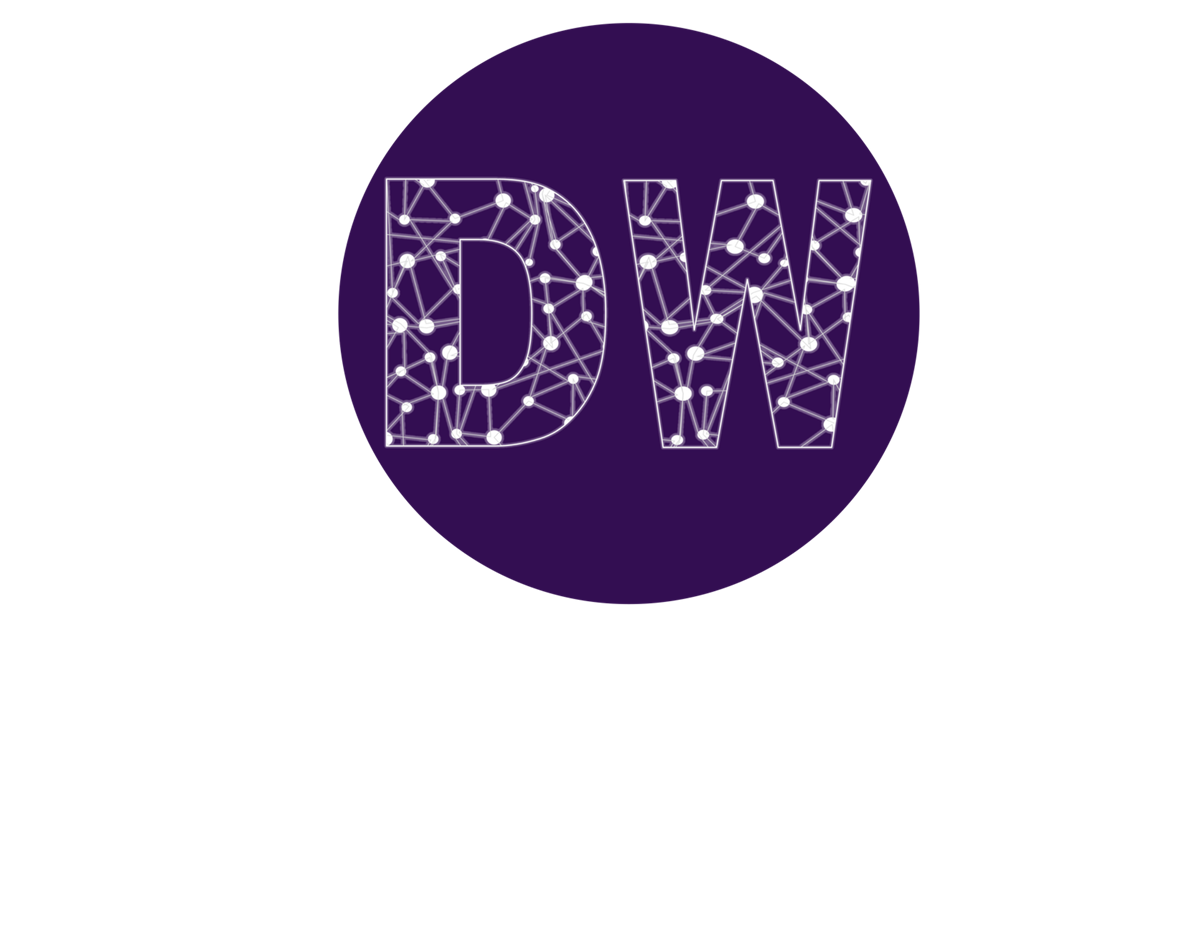The future has been brought forward to today
“Antelope” Photo by joel herzog on Unsplash
#Leadership; #Technical; #Agile; #Resilience; #Service; #Blog
Leaders in highly technical industries have always had to do things differently than leaders in other areas of the organisation. Now they are going to have to do them differently than other technical industry leaders. This article explores how leadership in highly technical industries is having its changes moved forward from sometime in the future to the present.
Until a few months ago, organisations were quite happy to let it take another decade to have most of their people working from home, and have those people learn how to be remote workers. That choice to wait has now been taken away from them, and they are going to have to catch up- fast. Whilst many organisations have taken on the concept of “Agile” for their product development, they have lagged behind in their Leadership Development
Wayne Shurts, former EVP and CTO, Sysco Corporation, says that what is going to be needed to lead the highly technical organisation of the future is “technology athletes - people who are curious and are always looking to solve business problems through technology”.
“Technology athlete” Photo by John Cameron on Unsplash
What does it mean to be a “technology athlete?” I have had the honour of spending time with a 4 time Australian Olympian and 3 time medal winner, Dan Collins. Dan recently wrote about the need to prepare to accelerate after you’ve been forced to brake. We’ve all been forced to brake, how many of us are preparing to accelerate?
Gideon Moore (Firmwide Managing Partner at global legal firm Linklaters) recently presented at the World Economic Forum and shared an example of how his organisation prepared to “accelerate out of the corner”. Gideon shared that the challenges that fast-moving changes in how legal practices were managed globally required the firm to re-evaluate how they manage globally dispersed, highly technical teams.
The result was “3 big ideas” that the firm implemented:
Bottom up strategy development: Clients and staff share the vision for the organisation’s future, for which leaders then have to align resources
Holistic measurement of contribution: Staff are often Specialists. Clients need a wide range of specialists and are globally dispersed. Contribution is measured against delivering client needs, not just revenue or productivity. Changes are done quickly, in response to any lag in delivery. An F1 team, Moore says, is not waiting until end of season to make improvements
Servant leadership: Highly technical staff are experts in a narrow field and highly motivated. They don’t like to be micro-managed. This requires leaders to develop soft skills like empathy, humility, open-mindedness and listening, as well as trust, collaboration and buy-in. Removing financial targets motivates the team, rather than individuals.
Deloitte, in its 2016 “Transitioning the Future of Work” Report, spoke of a similar need for this bottom up strategy. They called it “Out-Centric Leadership Principles”. 40% of Executives surveyed said they expect to increase communication and collaboration between them and workers. This aligns strongly with Moore’s stating of “Servant Leadership”.
When I read the above reports and statements – prepare to accelerate, bottom-up strategy, leading as a servant of the market and staff – at any time, let alone under current circumstances, one word keeps coming to mind to describe the kind of leader who is ready to do these things.
Courage.
It feels like it would take incredible courage to be willing to prepare to accelerate when everything seems to be braking.
It feels like it would take incredible courage to hand over the organisation’s strategy to its clients and staff.
And at least as much courage to put down the ego and see yourself as a servant of those whose strategy you are delivering.
“F1” photo Photo by Macau Photo Agency on Unsplash
The research from Deloitte’s CIO surveys shows there are 3 practical actions leaders can take to be agile in positioning themselves for accelerating out of the curve, whilst serving the future needs of their clients and staff:
Work (What): As more teams are globally dispersed, culturally diverse and technically connected, it will be critical to focus on outcomes, not activities. It will be increasingly difficult to dictate what hours people work. What can be set are the outcomes to be achieved, and the accountability towards those. Then give people autonomy for achieving them. Highly technical staff are experts in a narrow field and highly motivated. They don’t like to be micro-managed. Moore found that when financial targets were removed and outcome targets were set, productivity increased.
Workforce (Who): Skills that likely will diminish in importance include many individual competency-based skills (e.g. project management, technical writing and editing, and user interface design). On the other hand, collaboration and co-creation skills will be in higher demand (e.g. Scrums, design thinking, Agile product life cycle management, and continuous integration and delivery)
Workplace (Where): Leaders of global teams need to create collaboration tools that allow “steering” in real-time. Workspaces for co-creation (physical and digital) are critical.
“Remote worker” Photo by Chang Duong on Unsplash
We have been moving in this direction for over a decade. Without the current crisis, it would have taken at least another decade for these to become the “standard” way we manage our people. Necessity, it appears, is also the mother of making things happen – now.
What are you doing to prepare to “accelerate out of the curve”?
Have your Agile Leadership skills kept up with the world? Here’s 3 ways I can help you with that:
Work with me – Get in touch here, call 1300 684 669 or email davidw@davidwayne.com.au to discuss options for coaching, workshops or training programs or
Download a free copy of the “Inspire to Action” whitepaper
Subscribe for weekly “Inspire to Action” tips, tricks and techniques







